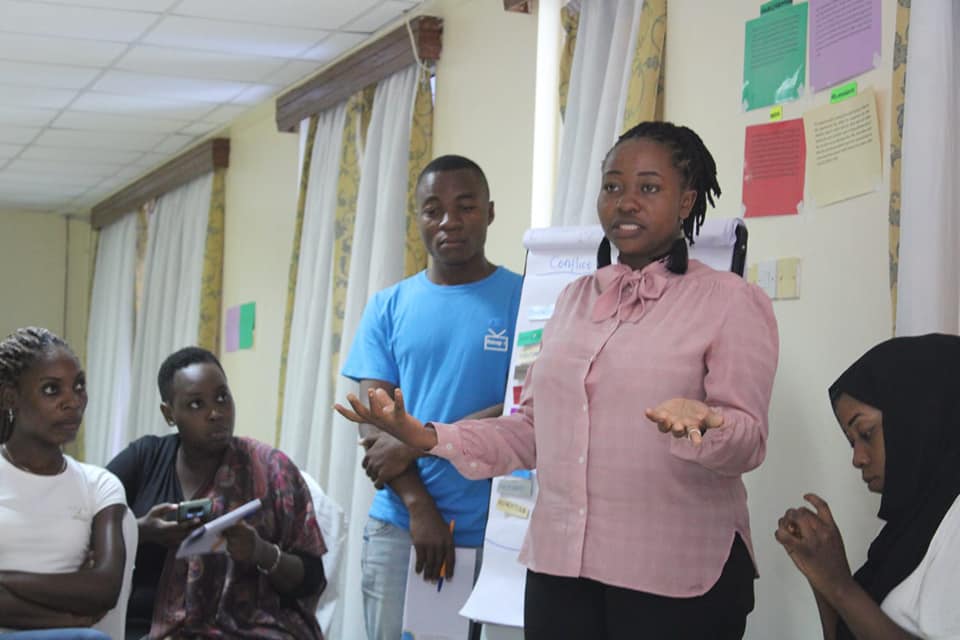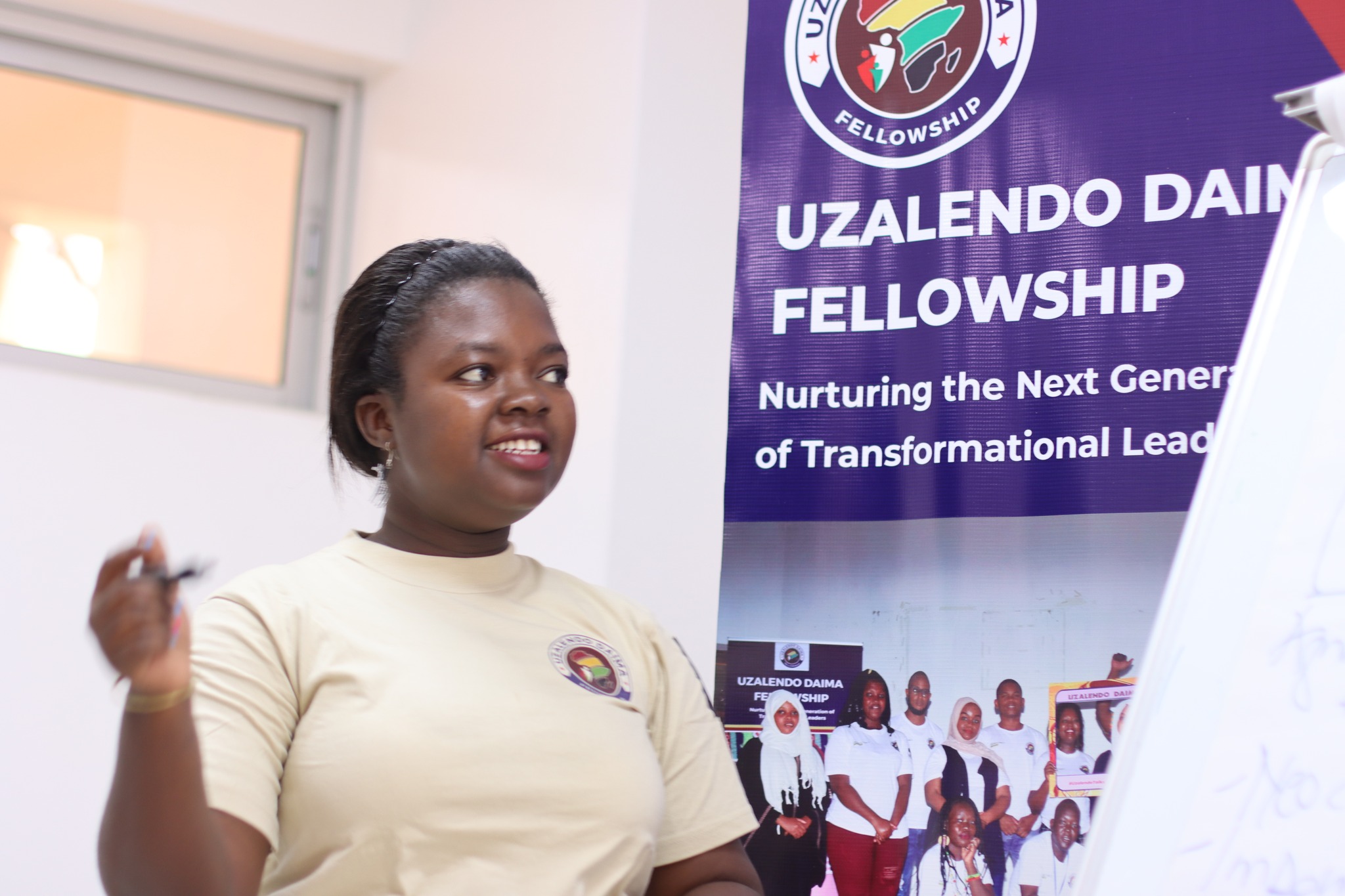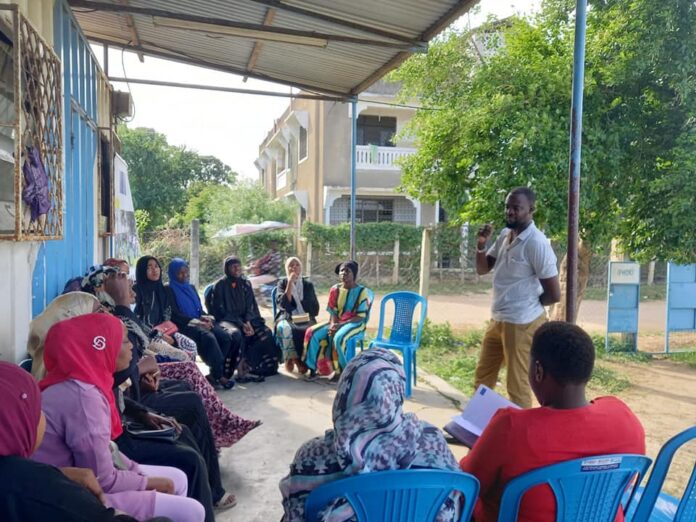By Antony Omutanyi
Mombasa, Kenya: Along the vibrant shores of Mombasa, a city renowned for its industrious spirit, a transformative movement is gaining momentum among the youthful populace. Led by Uzalendo Afrika Initiative, this peace-building endeavor empowers young people to fearlessly champion their rights and advocate for governmental reforms through nonviolent approaches.
In 2018, Uzalendo Afrika Initiative (UAI) embarked on a mission to empower Mombasa’s youth as catalysts for constructive change. Focused on education, community development, and peacebuilding, the organization has recently turned its attention to rising tensions between the youth and the government, exacerbated by economic hardships and social inequities.
Launched in early 2019, the peace initiative aims to tackle these challenges by fostering dialogue, understanding, and peaceful protest. Through workshops, seminars, and community events, the initiative educates young people on the principles of nonviolent resistance, drawing inspiration from leaders like Mahatma Gandhi and Martin Luther King Jr.
Vincent Ouma, a 36-year-old and one of the initiative’s leaders, shares his experience: “Many of us feel frustrated by the scarce opportunities and the slow pace of change. But we believe that violence is not the right path to follow. Through this initiative, we’ve learned how to channel our frustrations into productive actions that can lead to real change.”
UAI offers a series of training programs designed to equip youth with the skills needed to advocate for their rights peacefully. The programs include: Conflict Resolution Workshops which teaches participants how to mediate disputes and foster understanding between different community groups.
Also in the curriculum is Nonviolent Communication Training, which focuses on effective communication techniques that emphasize empathy and active listening. They also teach Advocacy and Campaigning by providing practical skills for organizing peaceful protests, engaging with media, and lobbying for policy changes.
The impact of the peace initiative is already visible in Mombasa. In recent months, several peaceful demonstrations have been organized, addressing issues such as unemployment, corruption, and police brutality. These events have been marked by their orderly conduct and clear messaging, drawing significant attention from local media.
Ramadhan Hashim, a 32-year-old participant, reflects on the changes he’s seen: “Before joining this initiative, I felt powerless and angry. Now, I feel like I have a voice and the tools to make it heard. We’ve shown that we can stand up for our rights without resorting to violence.”
Despite its successes, the peace initiative faces challenges. There are still elements within the community that advocate for more aggressive tactics, and skepticism remains high among some government officials. However, the determination of Mombasa’s youth, backed by the unwavering support of Uzalendo Afrika Initiative, continues to drive the movement forward.
Ann Osamba, the director of UAI, remains optimistic “Change is never easy, and it often comes with resistance. But the passion and resilience of these young people give me hope. They are the future of this country, and they are showing us that there is a better way.”
In a world where protests can often turn violent, the youth of Mombasa, guided by Uzalendo Afrika Initiative, are proving that peaceful resistance is not only possible but effective. Their journey is a testament to the power of education, empowerment, and the unyielding desire for a better tomorrow. As they continue to push for change, they set an inspiring example for youth movements across the country.














